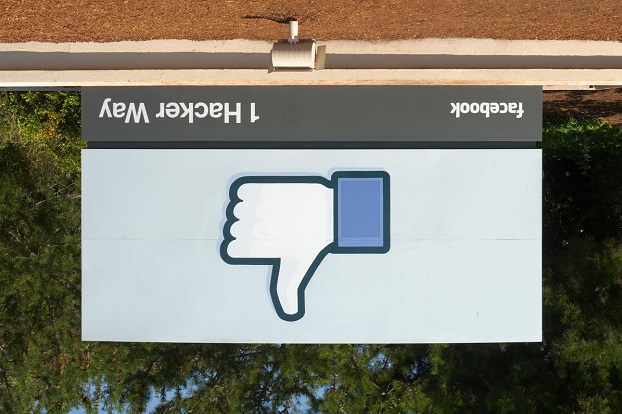
Over two-thirds of Indian Americans and half of Asian Americans are foreign-born, and we rely on a diverse and open Internet to stay in touch with our friends and families back home. For example, we asked our Desi friends, and they keep in touch with friends and family overseas using a wide variety of apps and platforms; we talk to our grandparents on Skype and Google Hangouts, send emoji to our cousins on Line and Viber, and share our lives across borders with Twitter and Tumblr. An open Internet gives us choices.
“An open Internet gives us choices.”
That’s why we have a stake in the fight for Internet rights and net neutrality not only in the U.S., but also in our countries of origin. So as the Telecom Regulatory Authority of India prepares to come to a decision on differential pricing for data services, we are compelled to raise our voices in support of a truly open Internet in India.
At the center of this debate is Facebook’s zero rating program Free Basics (formerly known as Internet.org), a free platform that provides users with access to a selected set of websites and apps curated by Facebook and other Free Basics corporate partners. While Facebook has relentlessly marketed Free Basics as a step towards “digital equality” in India and elsewhere, others see the program as a form of economic racism that will suppress tech innovation and competition in adopting countries.
We stand against the implementation of Free Basics, because an open Internet isn’t a first world privilege. Indian Internet activist groups like SaveTheInternet.in and Jhatkaa.org have been mobilizing millions of Indians against Facebook’s PR campaign, arguing that Free Basics violates the tenets of an open and equal Internet by creating a discriminatory, two-tiered Internet under the guise of “charity.”
Hypocritically, Free Basics violates the tenets of net neutrality that Facebook fought so hard for here in the U.S. In 2014, during the height of the U.S. net neutrality fight, Facebook took a leading role in petitioning the Federal Communications Commission to regulate against paid prioritization and the creation of a “two-tiered” Internet. And yet in India and other low and middle-income countries, Facebook claims those same tenets of an open and equal Internet should not hold sway.
Beneath its facade of philanthropy, Free Basics is about building usership in the company’s second-largest market, while offering Indians a second-rate version of the world wide web. We don’t think that new Internet users should have their rights online limited just because they’re Indian or poor.
We believe the same principles of an open, equal Internet that Facebook fought for here in the United States must extend to the countries around the world our families are from. If Facebook is truly committed to digital equality, it must do the real, good work of helping grow the open Internet for everyone. We say no to Free Basics.
* * *
Anirvan Chatterjee is a technologist, storyteller, and activist from Berkeley, CA.
Mark Tseng Putterman is a media justice campaigner at 18millionrising.org.












